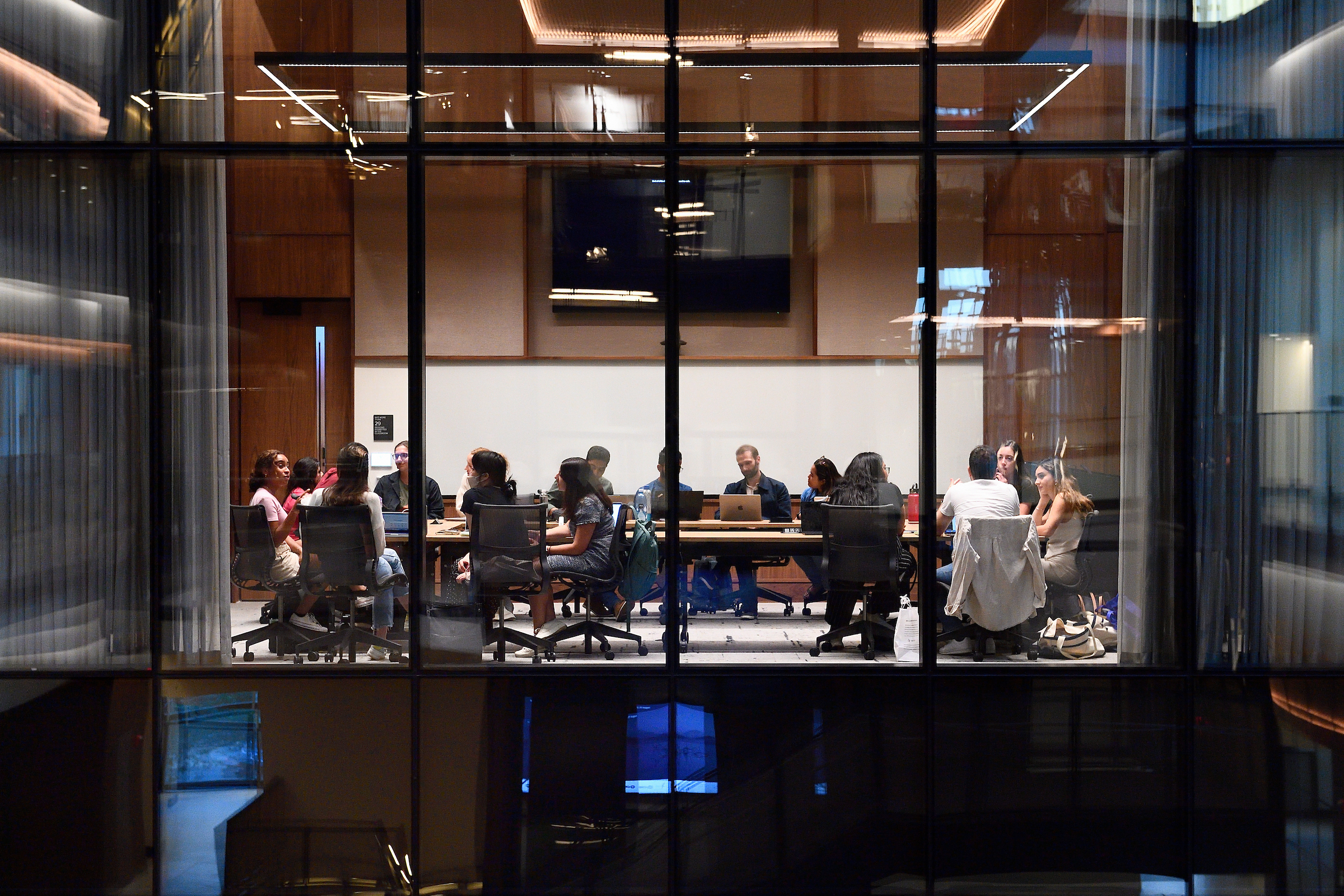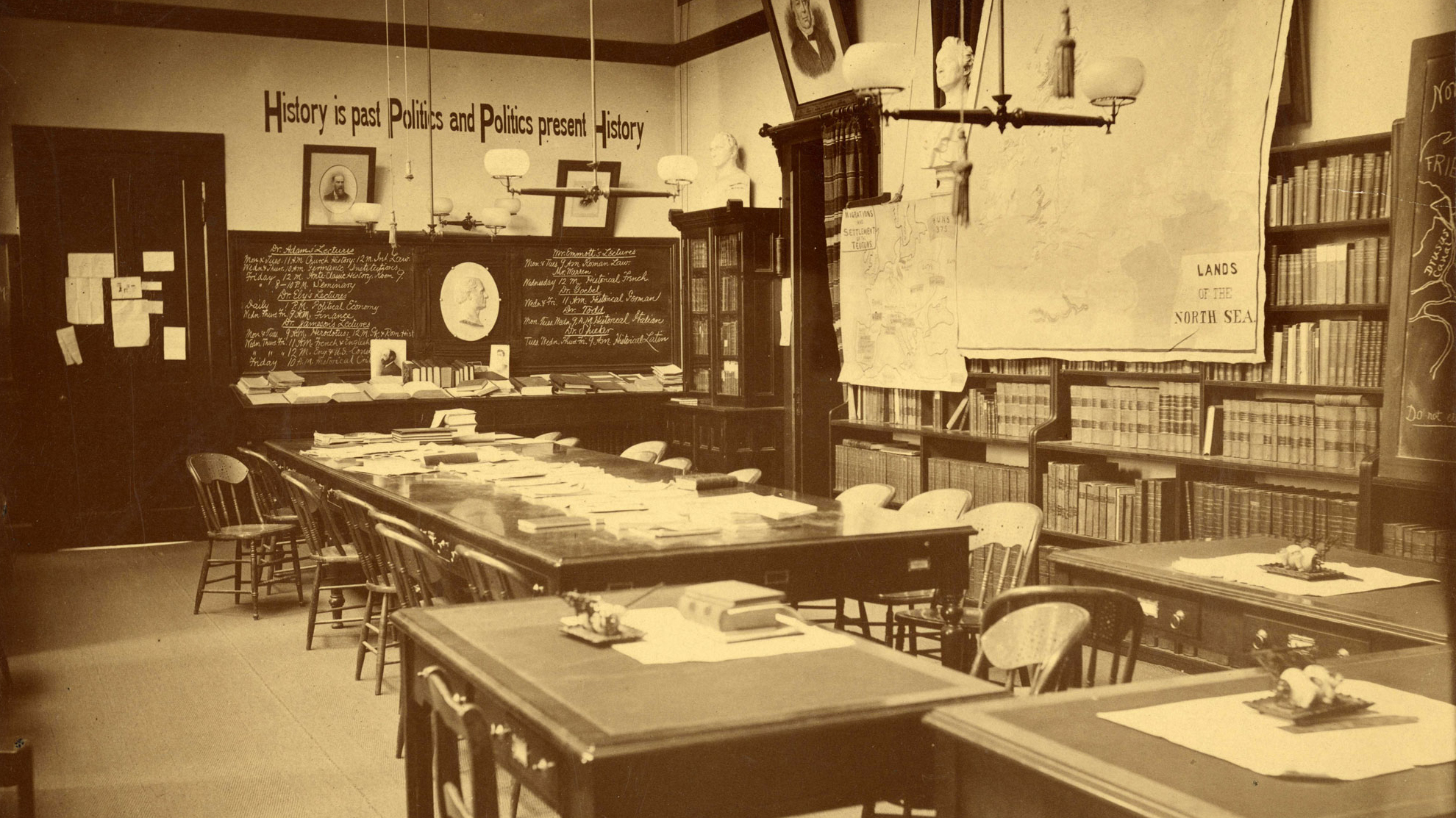Innovation in Education
For 150 years, Johns Hopkins has introduced teaching methods that reflect and address societal changes. The institution’s pedagogical approach has introduced new fields to higher education, including anthropology and hip-hop.Herbert Baxter Adams, JHU’s first professor of history, makes student research central to graduate studies.
"Individual ambition is undoubtedly a strong motive in student work, but there is such a thing among students everywhere as ambition for others, call it class spirit, esprit de corps, good fellowship, or good will to men."- Herbert Baxter Adams’ 'Methods of Historical Study' Learn More
Sir William Osler, the first professor of medicine at Johns Hopkins, establishes the first formal residency program in the United States.
A model for medical training worldwide, it has helped transform the way medicine is taught and practiced. The tradition of Medical Grand Rounds, which discusses the patient and specific clinical problems, can also be traced back to Osler.
Learn More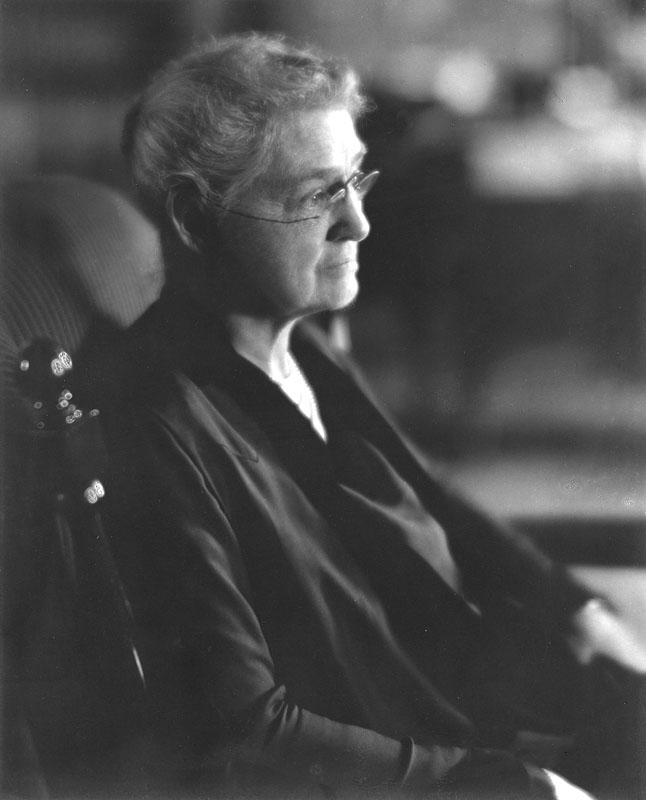
Mary Adelaide Nutting becomes superintendent of the Johns Hopkins Hospital Training School for Nurses (later renamed the School of Nursing).

Max Brödel establishes the Department of Art as Applied to Medicine to train artists in scientific illustration.
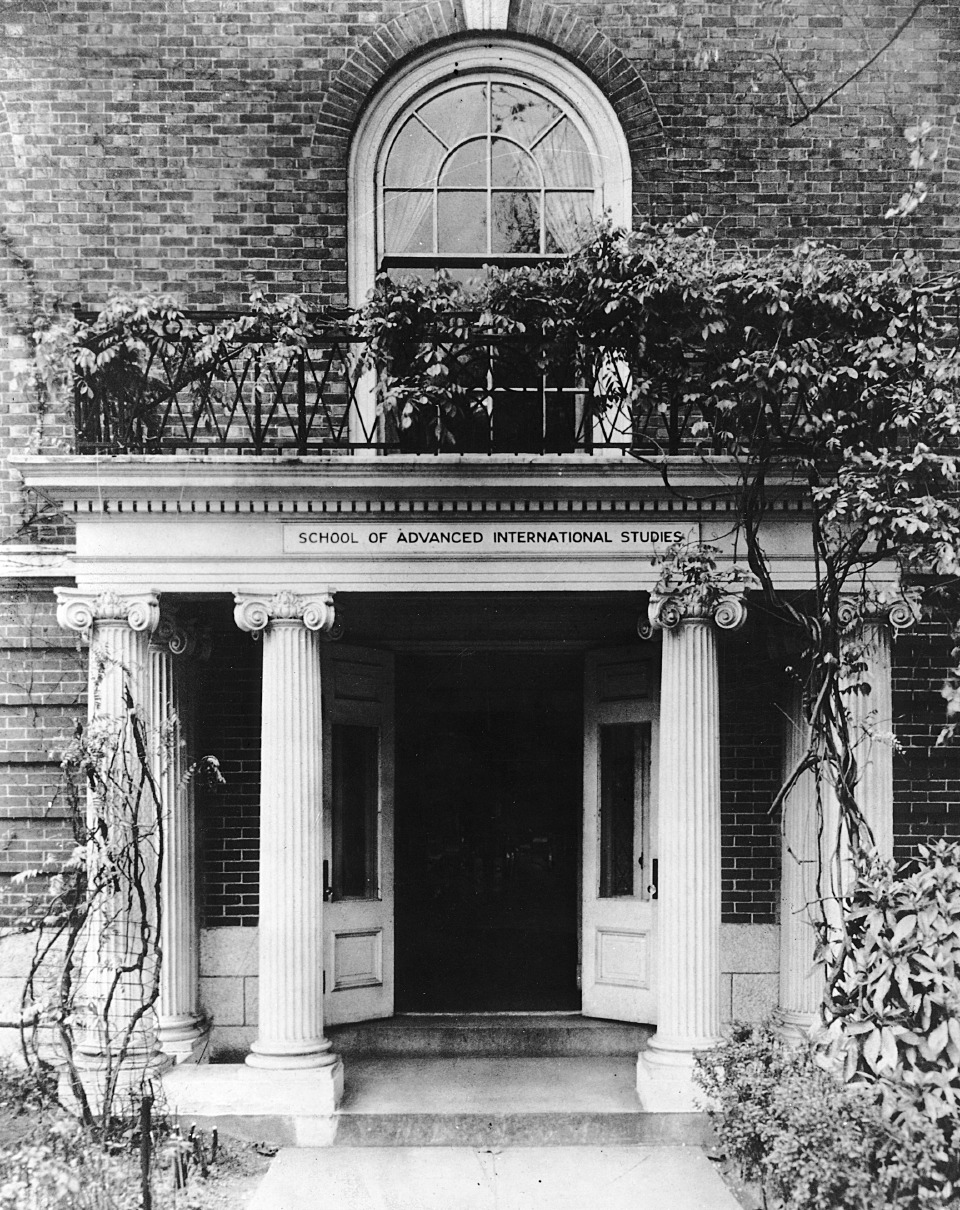
The School of Advanced International Studies (SAIS) becomes a division of Johns Hopkins.
Project MUSE, a collaboration between the Johns Hopkins University Press and JHU’s Milton S. Eisenhower Library, launches, providing open access to scholarly journals and books.
"If I had to say what made me most proud, it was overcoming the many hurdles involved with shifting from paper to electronic distribution—and thus helping to reduce pollution from paper mills and contribute to preserving the environment."- Sue Lewis, former MUSE staff member Learn More
The Genes to Society Curriculum, introduced by the Johns Hopkins University School of Medicine, reframes the context of health and illness.
"What we're doing is changing the framework by which we want people to think about health and disease. We are moving away from a normal/abnormal paradigm to one where we believe in variability and adaptability."- Charlie Wiener, curriculum committee chair Learn More

The Breakthrough Curriculum at the Peabody Institute of the Johns Hopkins University builds skills in entrepreneurial thinking, leadership, project development, and citizen artistry.

The U.S. Space Force program partners with the Johns Hopkins School of Advanced International Studies to offer a Master of International Public Policy degree.
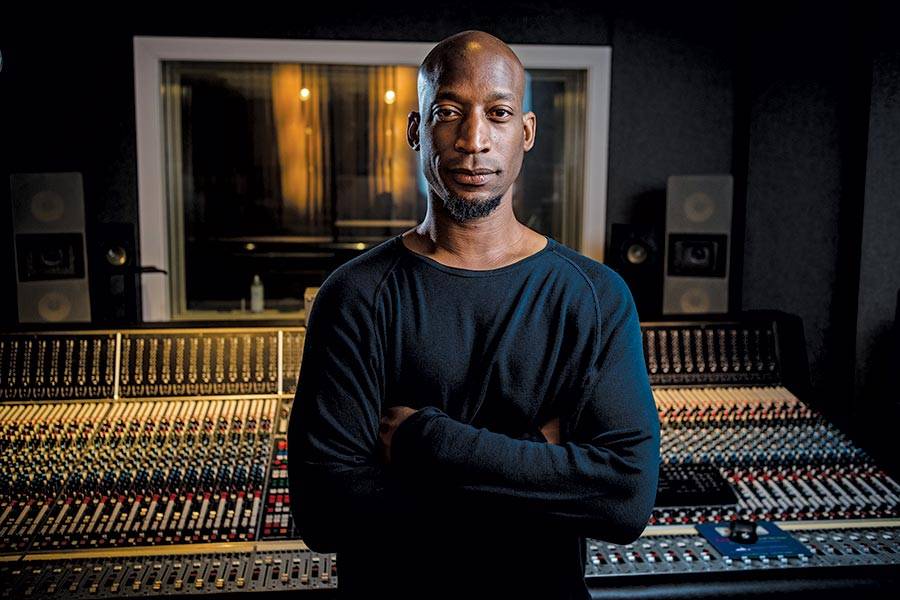
Peabody Conservatory introduces a Bachelor of Music in Hip-Hop, the first such performance degree in the country.
Looking Forward
Johns Hopkins University’s new School of Government and Policy in Washington, D.C., is the university’s 10th academic division. The graduate school aims to develop innovative policy solutions and prepare the next generation of leaders.
Inaugural Dean William G. Howell, who spent nearly two decades on the faculty of the University of Chicago, says the school aims to reimagine governing institutions and to address policy challenges with a focus on interdisciplinary collaboration and public problem-solving. Areas of concentration include Technology and Society, Governance, and Cities.
Plans call for its first faculty members to be hired by fall of 2025, with the first students starting in the fall of 2027.
“As America’s first research university, Hopkins was founded with the aim to create knowledge for the world that fosters human flourishing and serves society,” says JHU President Ron Daniels. “With this new school, we turn our attention even more directly to the essential role of sound government in forming the bedrock of a thriving and healthy polity.”
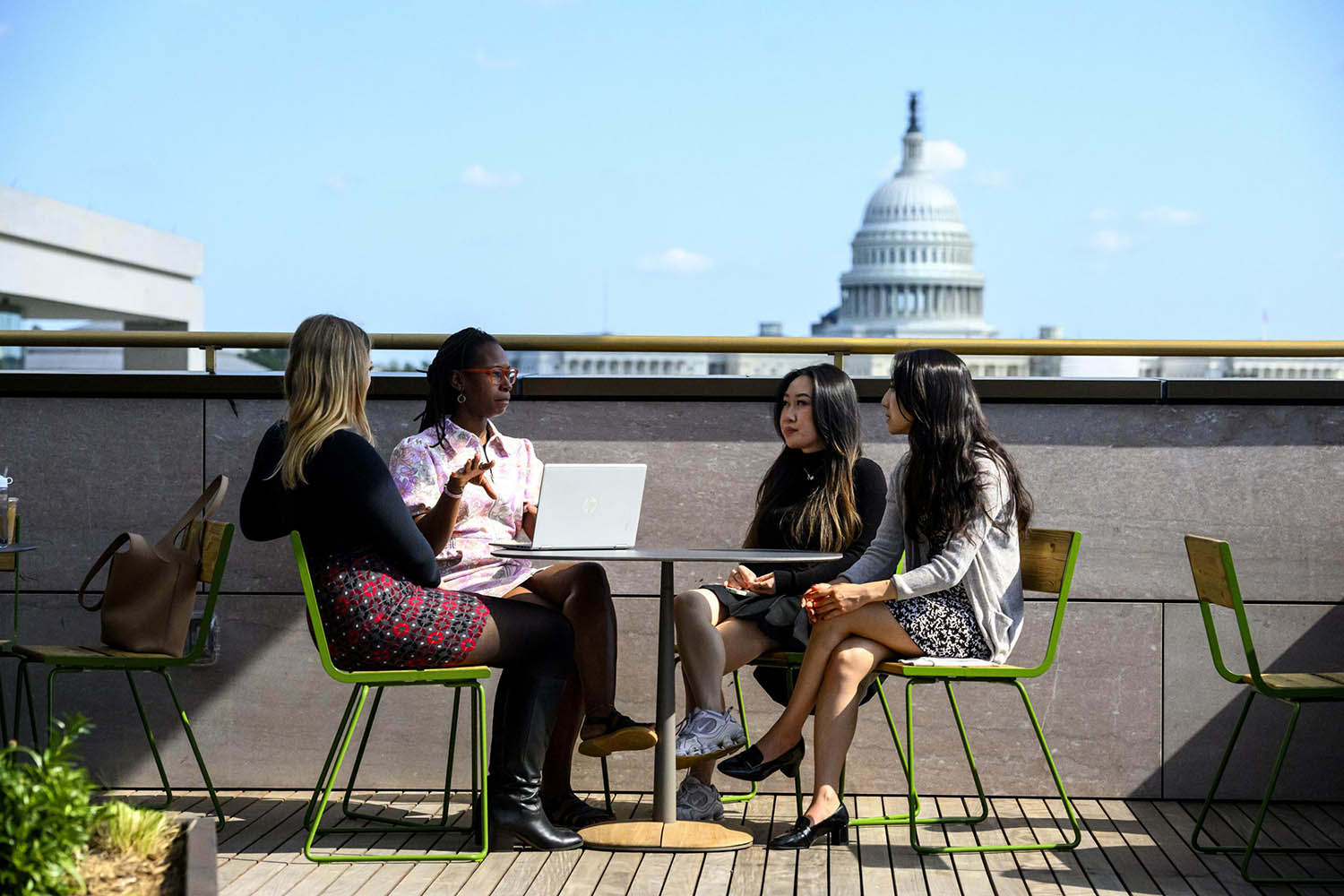
Credit: Will Kirk / Johns Hopkins University
Calls to Action
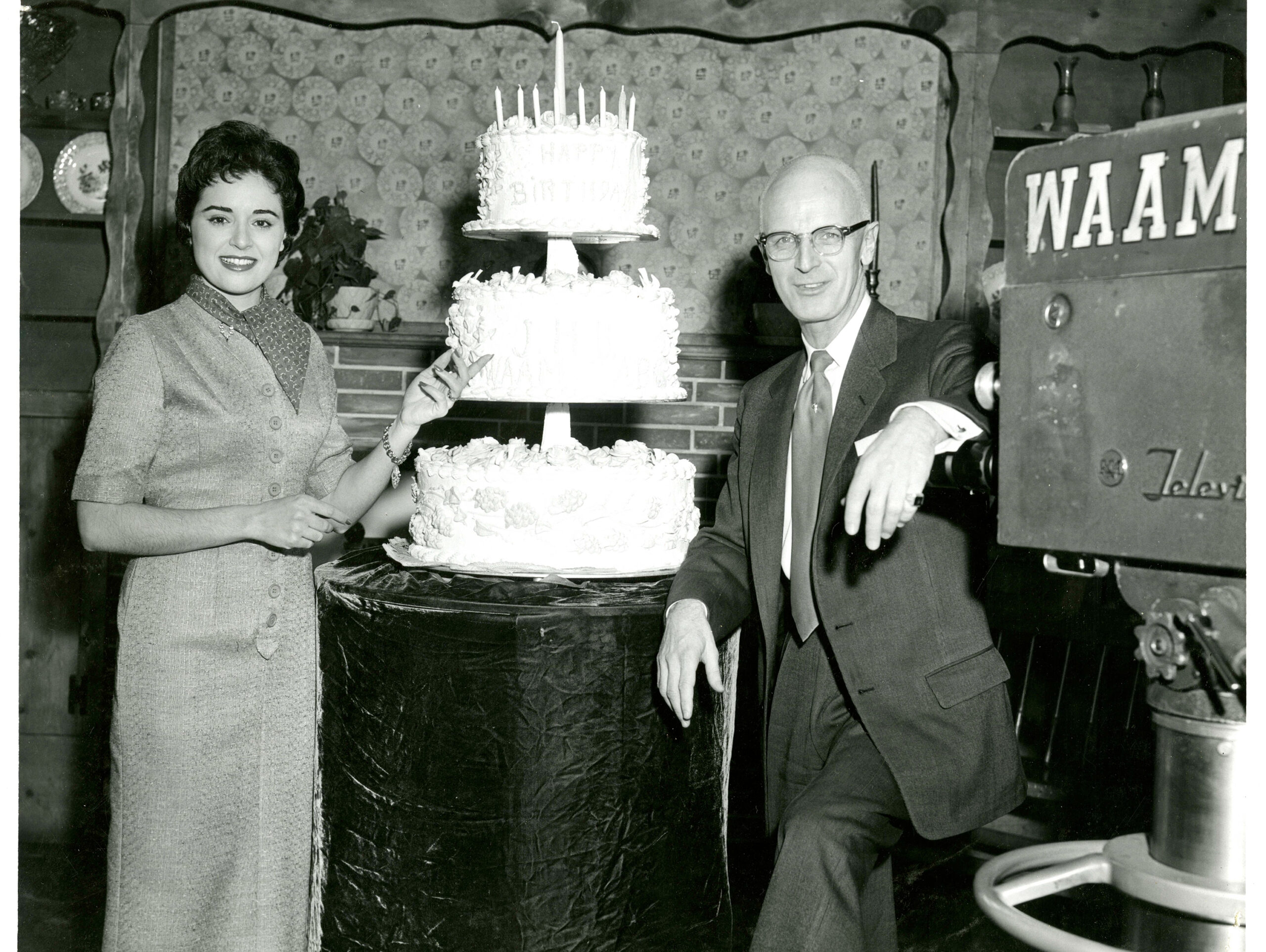
Join the Celebration
For 150 years, we’ve been breaking new ground—now, let’s celebrate it. Join us for gatherings, lectures, and special events that honor our legacy and look ahead. Details on future events are coming soon.
Learn more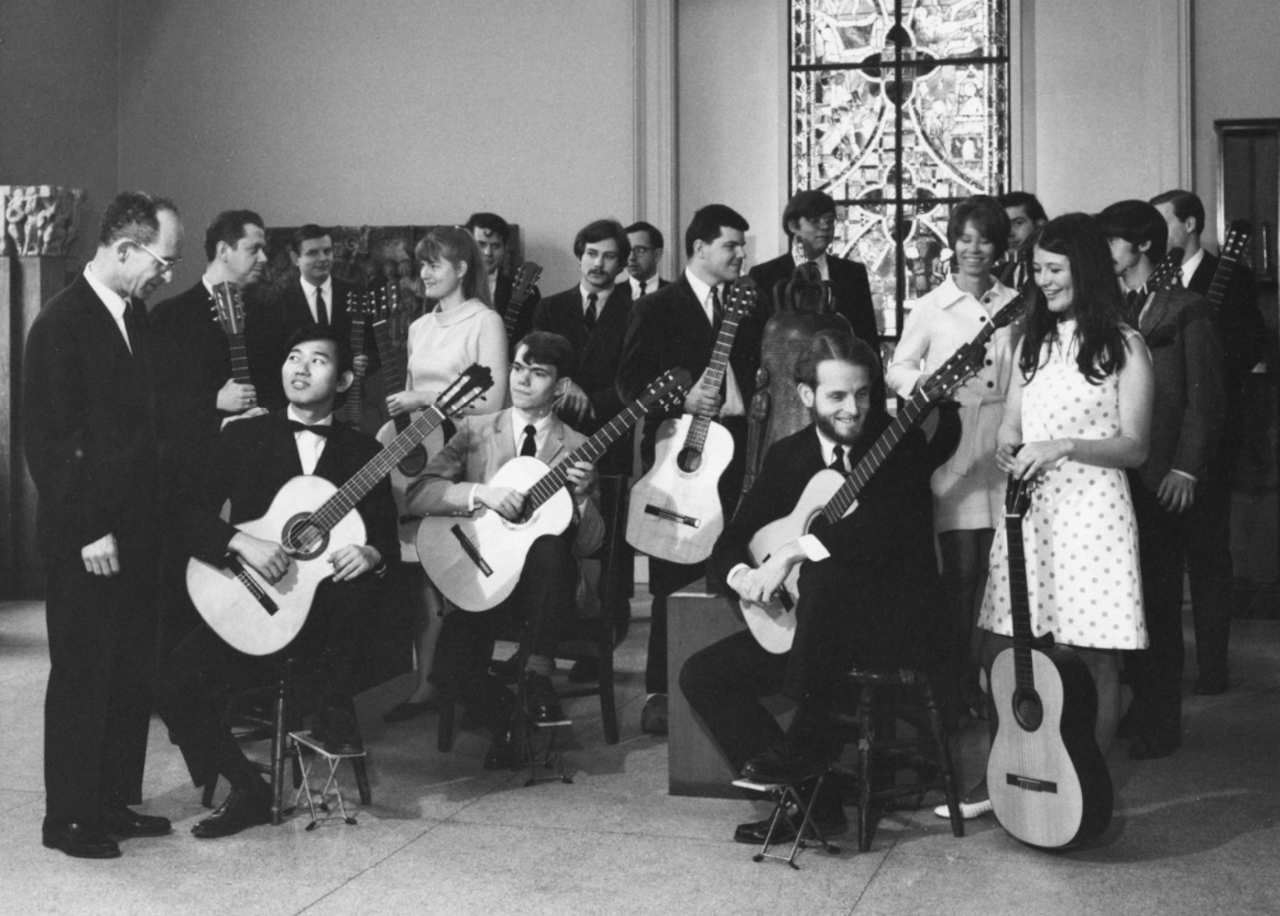
Hopkins Retrospective
Hopkins Retrospective is an initiative designed to expand our understanding of the diverse history of Hopkins and weave that history into the university experience.
Learn more

